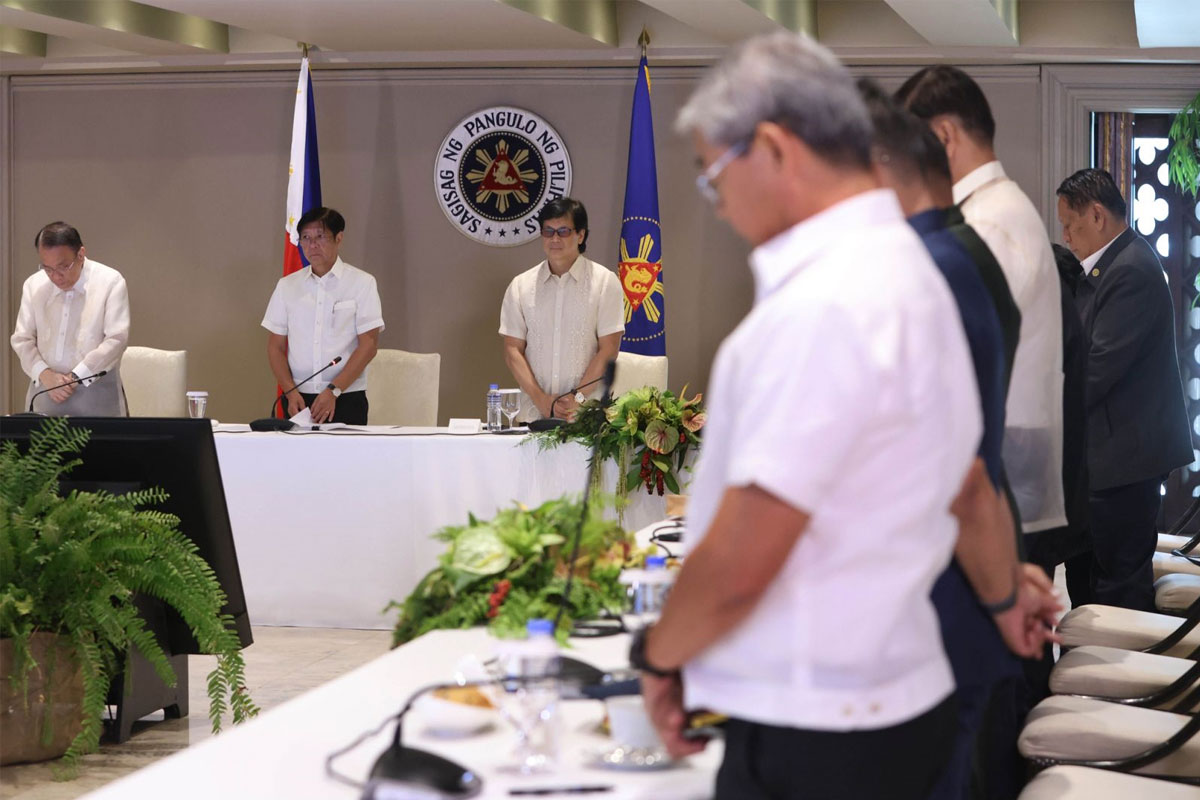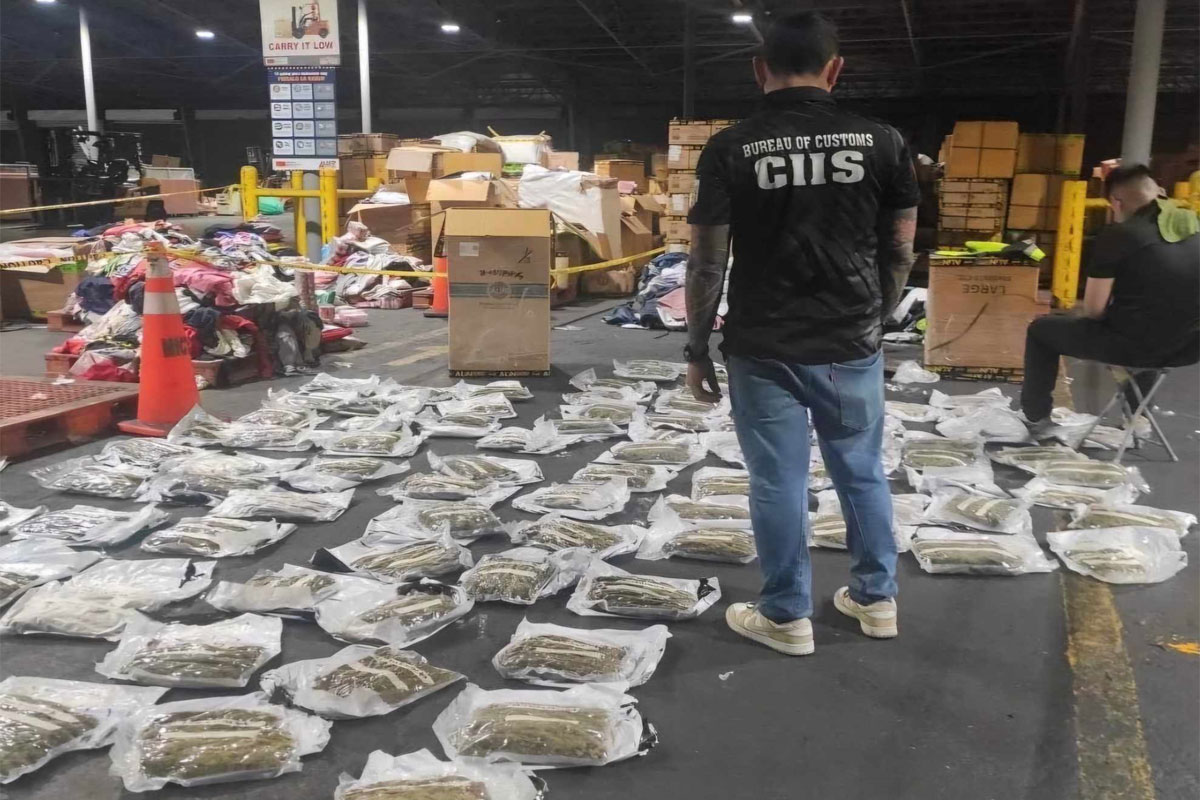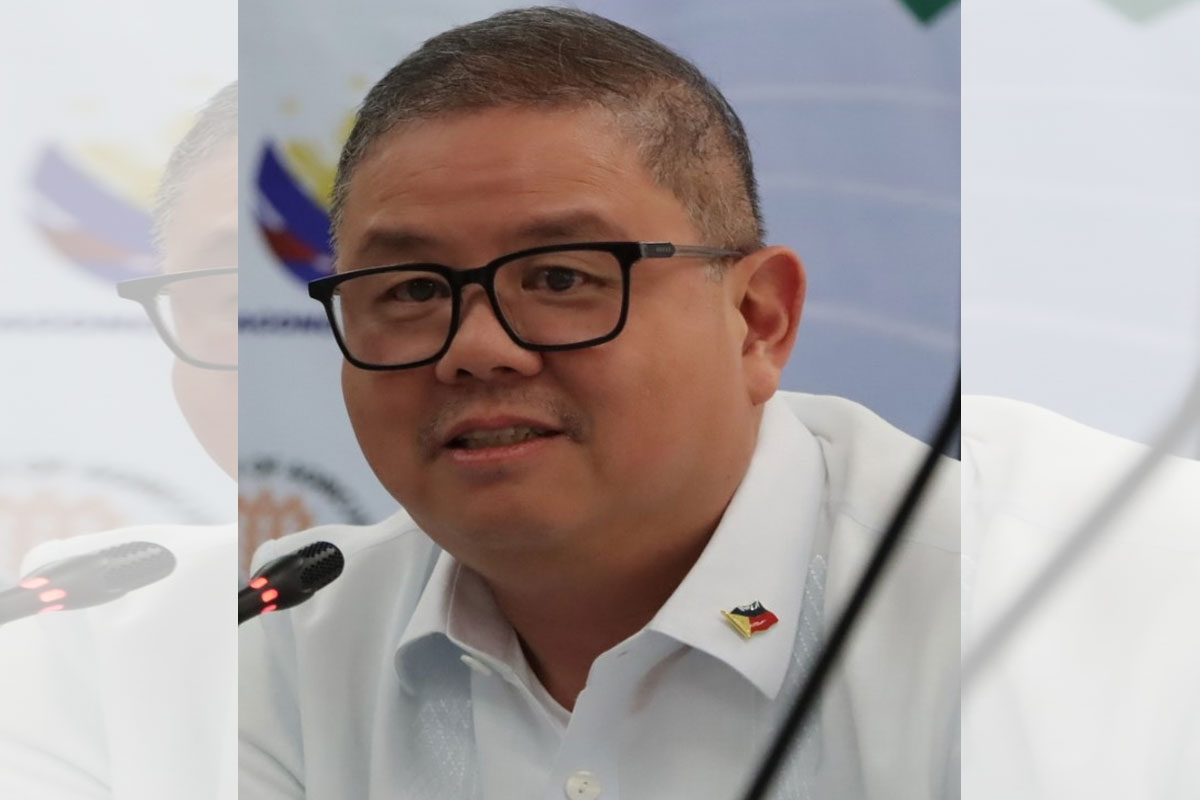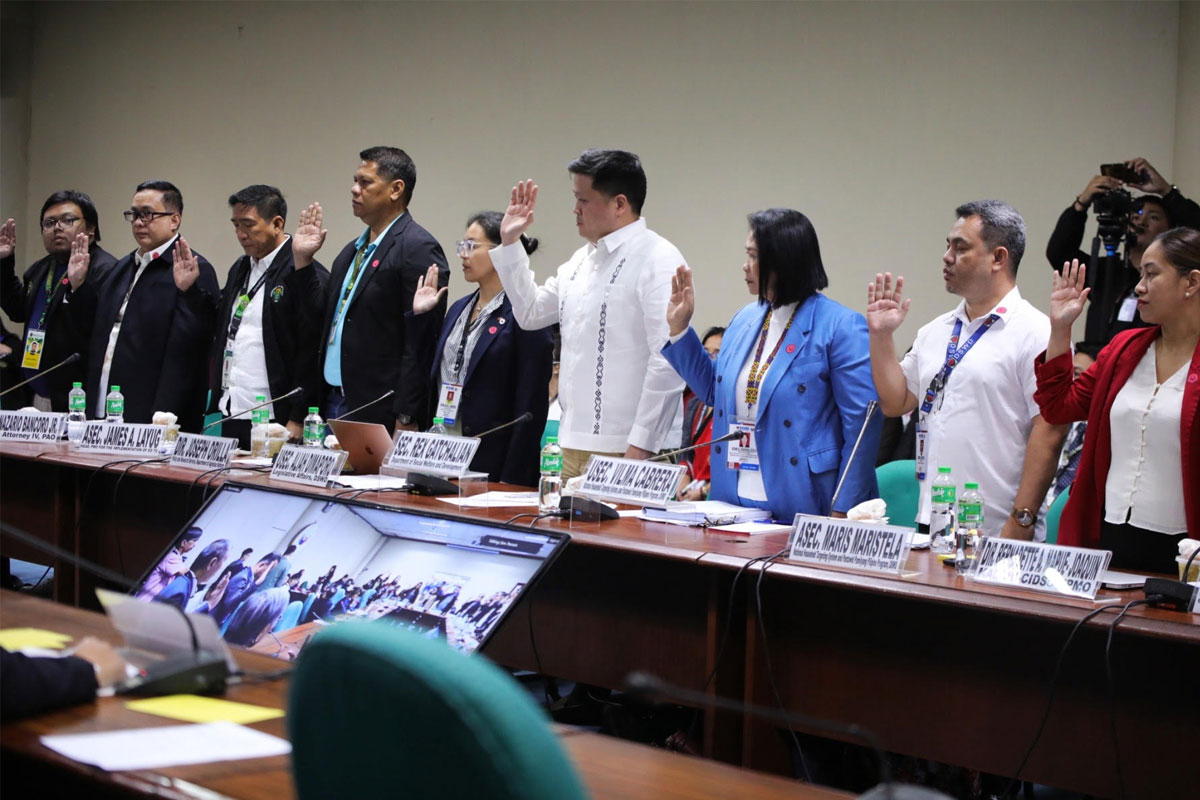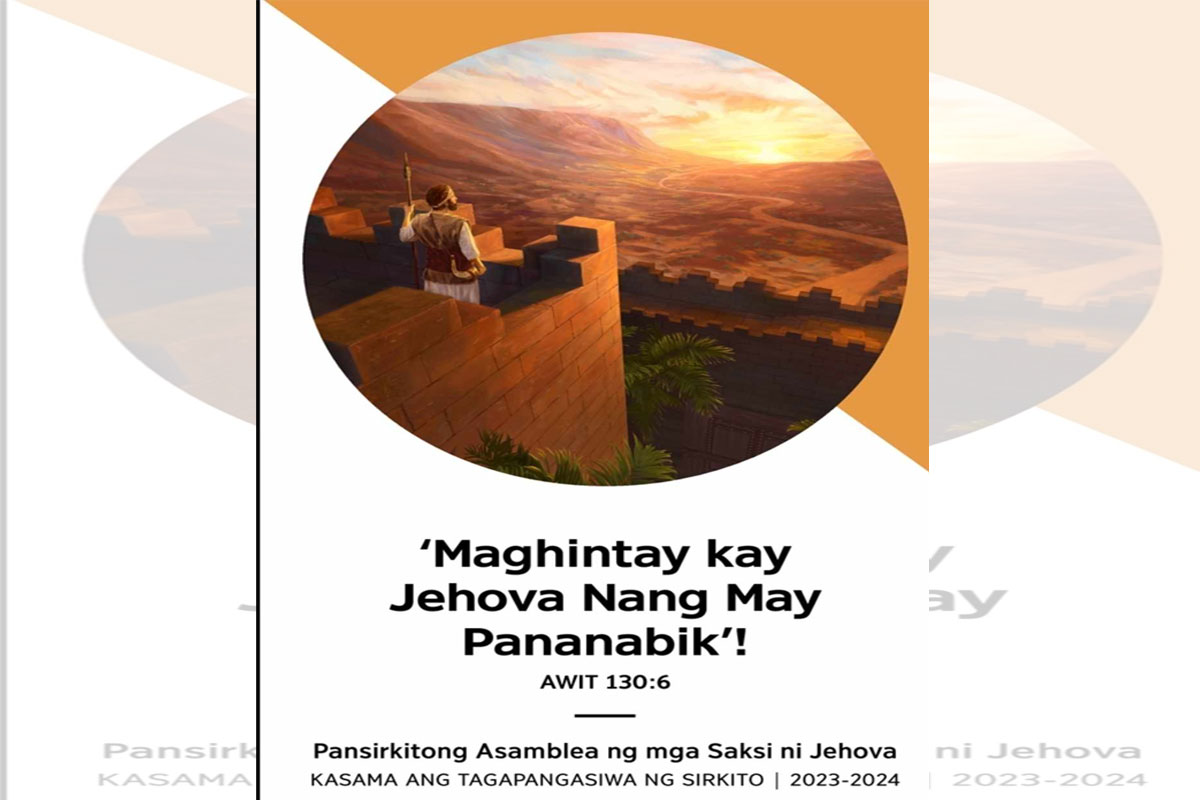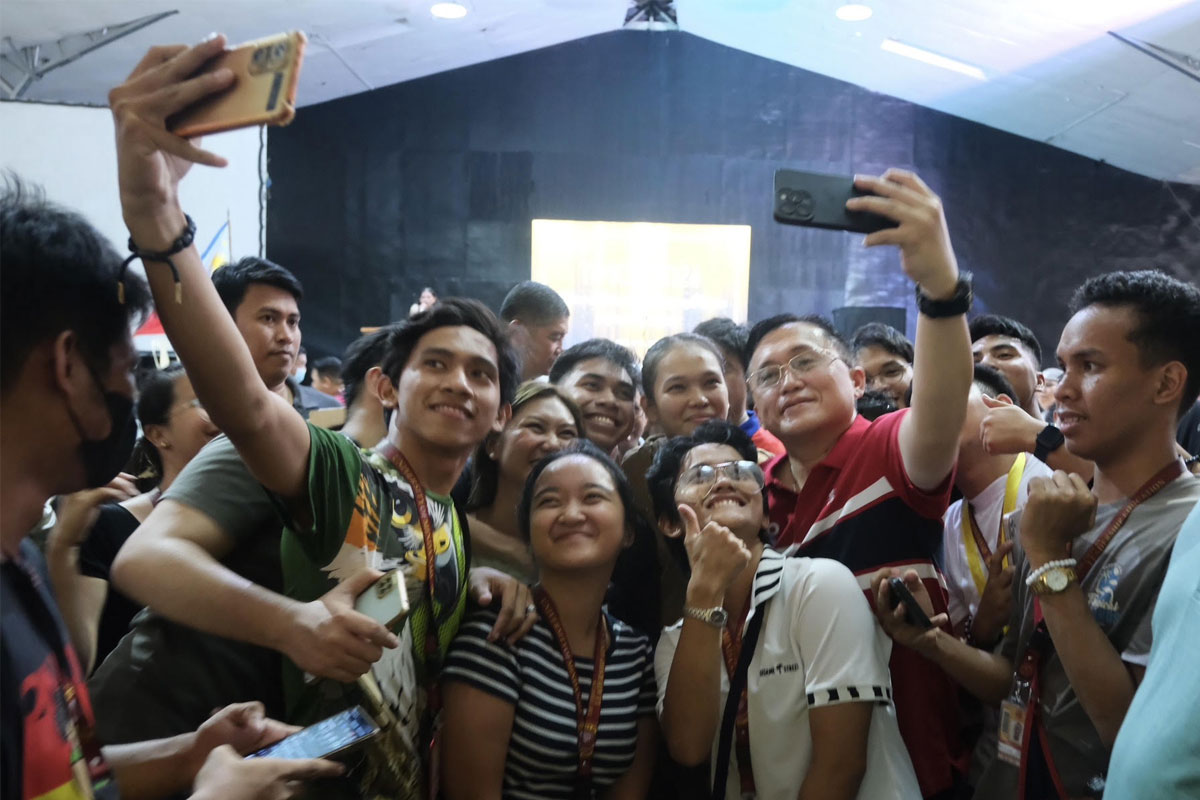
USAID donates learning resources
THE United States government, through the U.S. Agency for International Development (USAID), recently donated USAID-developed learning resources for Kindergarten through Grade 3 to the Department of Education (DepEd)-Region 5.
At the launch of its Learning Recovery Plan in Sorsogon, USAID Philippines Acting Deputy Mission Director Brandon Miller led the turnover of literacy and numeracy packages and early grade reading materials in Filipino and three mother-tongue languages.
He also gave materials to support literacy assessment, education-sector stakeholder engagement, and learning continuity to DepEd Undersecretary for Curriculum and Instruction Dr. Diosdado San Antonio and DepEd Region 5 Director Dr. Gilbert Sadsad.
These early grade learning resources will support the return to in-person learning.
“We hope that these materials will continue to aid teachers, schools, and DepEd Region 5 to provide quality, context- and age-appropriate learning interventions and instructions for early grade learners, while providing the critical tools and materials needed to implement your Learning Recovery Plan,” said Miller.
At the same event, Sadsad certified that more than 500 new USAID-developed storybooks passed DepEd’s quality assurance process and are ready for printing and distribution.
These books in the Filipino, Central Bikol, Rinconada, and Minasbate languages will help Bicolano learners in Grades 1 to 3 develop foundational reading skills.
“This gathering and the continued support given by USAID and the project team inspires us,” said Sadsad.
“As we help our stakeholders, we Bicolanos can give more for the sake of education.”
USAID, as of April, through its ABC+: Advancing Basic Education in the Philippines project, has trained more than 6,000 teachers from nearly 800 schools in the Bicol region. USAID has also distributed more than 4.35 million early grade reading materials that have benefited more than 313,000 learners in the region. By CRISTINA LEE-PISCO





